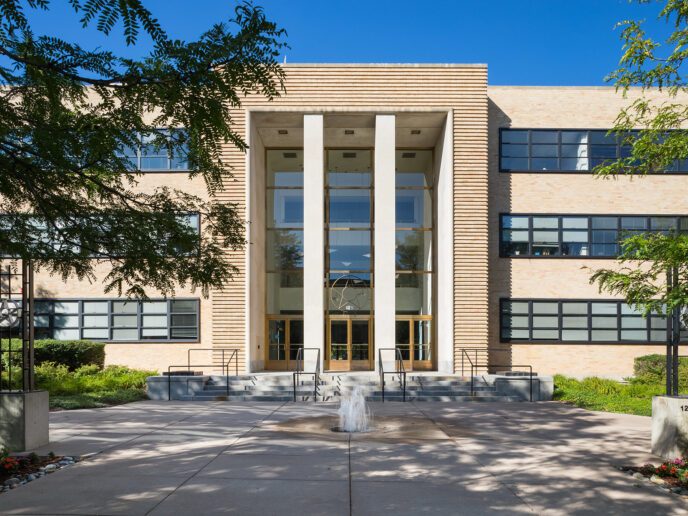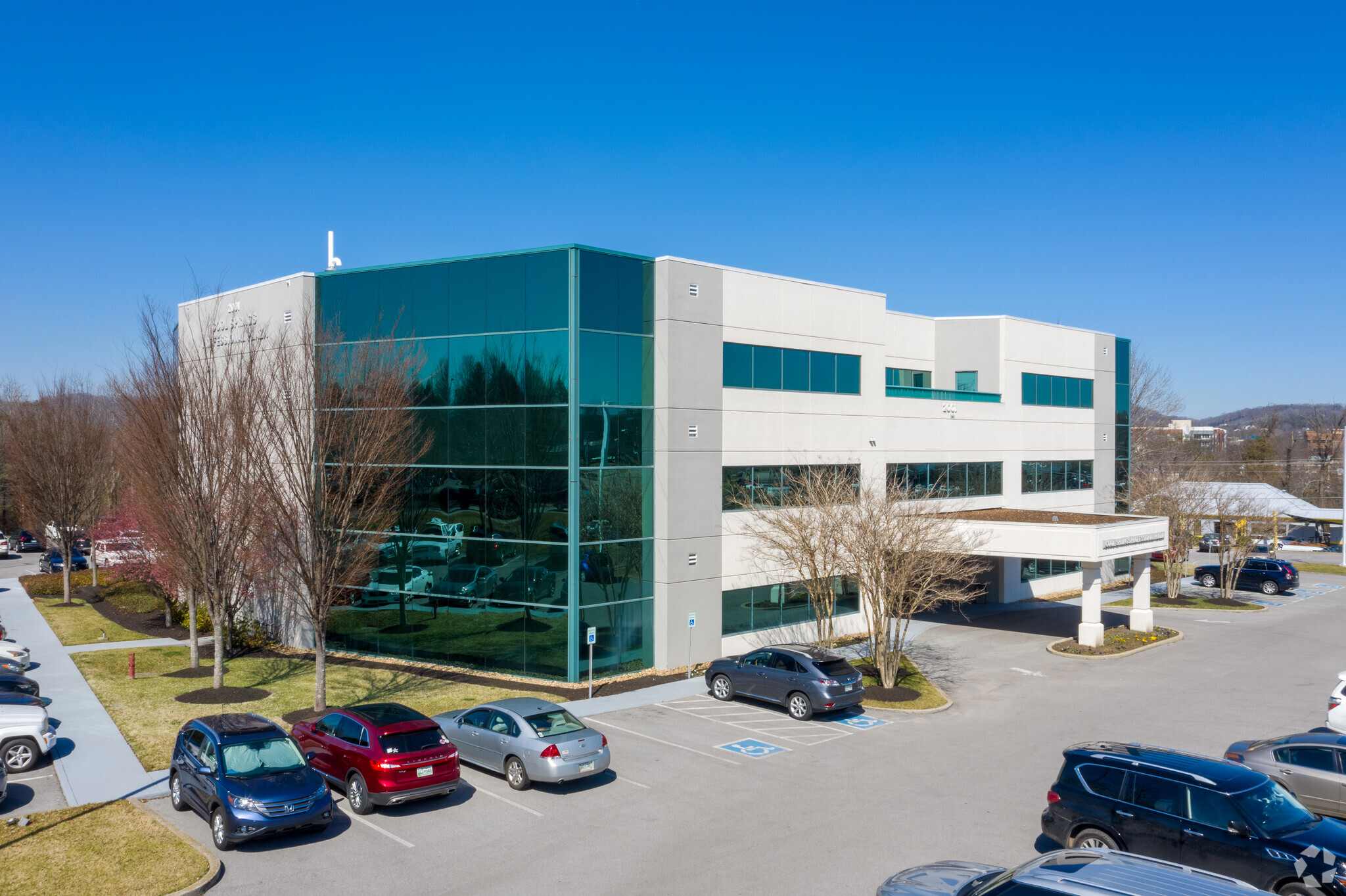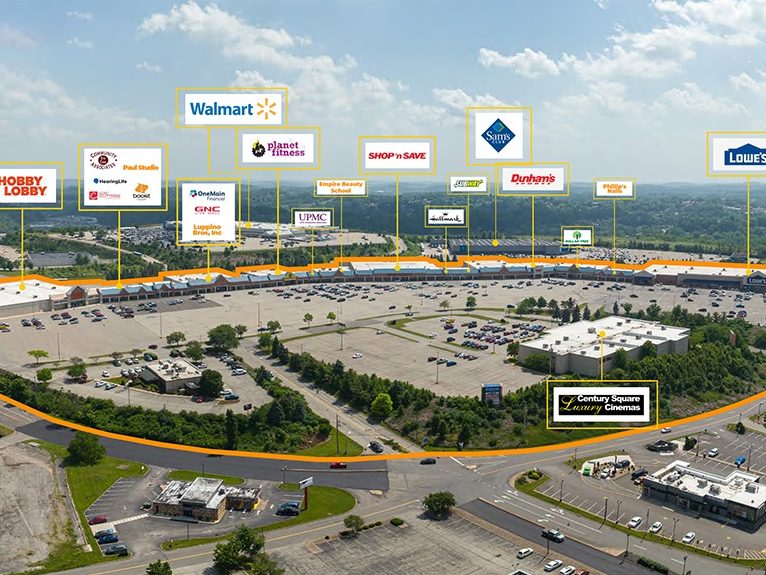TWITTER CHAT: Kevin Thorpe Shares Economic Predictions
Nation's Most Accurate Economic Forecaster chatted with CPE on Twitter. Read the transcript!
 DTZ’s Chief Economist Kevin Thorpe took time out of his busy schedule forecasting the economy in relation to the real estate market to chat with CPE about his predictions for 2015 in 140 characters or less per Tweet.
DTZ’s Chief Economist Kevin Thorpe took time out of his busy schedule forecasting the economy in relation to the real estate market to chat with CPE about his predictions for 2015 in 140 characters or less per Tweet.
CPE: Welcome to CPE’s Twitter Chat. Today, we have with us Kevin Thorpe.
Thorpe: Glad to be here with CPEChat. Looking forward to it!
CPE: Kevin is the Chief Economist at DTZ, who oversees the Research Department in DTZ’s major regional offices, focusing on national trends and forecasts within the commercial real estate industry. We will be chatting live about Kevin’s economic predictions for 2015.
1. Kevin, where are we in the economic cycle?
Thorpe: It’s difficult to predict, but data suggests continued expansion: gdp, jobs, confidence, technology, consumer spending, it’s all healthy. There’s also an extremely robust economic backdrop for most of commercial-real-estate markets across the U.S.
CPE: 2. How would you compare the current cycle to past cycles, and which past cycle best characterizes the current one?
Thorpe: First, nothing in history can explain or help us understand the current cycle. We’re throwing out old text books and models, because the current cycle is so unique. The largest distinction were global central banks’ unprecedented measures – injecting $7 trillion into the world financial system since ’09. Global central banks printed equivalent of China’s GDP and dropped it into the world’s economy. In the short term, it’s pretty clear that measures like quantitative easing is effective in helping rescue the world from a much darker scenario. But this level of intervention equals consequences that are unknowable. Will this create a massive bubble somewhere, sometime? Cause hyperinflation? What impact will it have on the U.S. economy once the Fed policy normalizes? Anyone who says they know how this is going to play out, they don’t. No one knows.
CPE: 3. What current economic factors are most likely to negatively impact CRE?
Thorpe: It’s increasingly difficult to create a bleak scenario in the short term short term. But keep a close eye on EU development, emphasis on Greece, as well as oil prices.
CPE: 4. What impact will the fall in oil prices have on the broader economy and on CRE fundamentals?
Thorpe: Falling oil prices net positive for 97 percent of the U.S, economy, but there’s concentrated pain in other 3 percent. Non-energy producing markets benefit from lower gas prices, heating costs and inflation. Every 10 cent drop in gas prices equals a $10 billion consumption boost over the course of a year. We estimate that $50 per barrel oil equals +75 bps to GDP, it boosts profits and jobs, it’s also a positive 18 million-square-foot demand for office and industrial. For 3 percent in energy producing markets, a plunge in oil prices creates significant economic challenges Future oil production is being getting cut, and supply is adjusting. The number of oil rigs drilling in U.S. has dropped to 27 percent since November. Still there is a major backlog of shale wells moving forward, meaning near-term, oil prices could fall even further.
CPE: 5.Will interest rates actually rise this year? If so what does that mean for CRE values?
Thorpe: It’s unlikely, and if they do rise, it will be very gradual. There’s no real inflationary pressure to drive them up. Tepid wage inflation, countries’ 10Y bond yields all below 2 percent, suggests that U.S. Treasuries will stay low for at least one more year. Rising interest rates don’t necessarily impact CRE values. There’s virtually no relationship between rising rates and values.
Jim Perrine (CPE Twitter follower): Great economic chat from DTZ’s Kevin Thorpe. Is the strong dollar hurting exports yet?
CPE: Kevin, thanks so much for lending your expertise insight to CPE and its followers!
Thorpe: Thanks for the opportunity, CPE.







You must be logged in to post a comment.